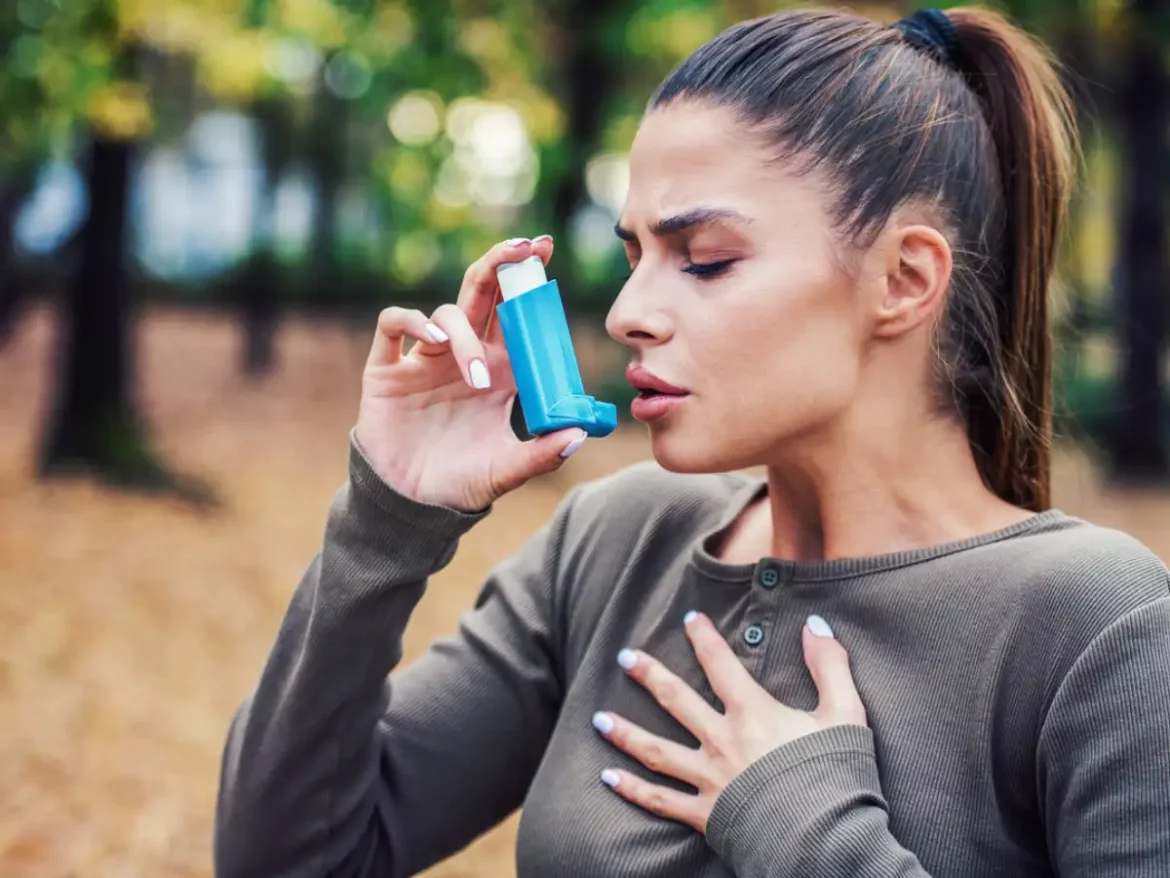In a major new study, researchers have found that the inhalers people depend on to breathe are also warming the planet, producing annual emissions equivalent to more than half a million cars in the United States alone.
Using a national drug database, researchers at the University of California, Los Angeles and Harvard University analysed global warming pollution from three types of inhalers used to treat asthma and chronic obstructive pulmonary disease (COPD) between 2014 and 2024.
The study, which was published in the Journal of the American Medical Association (JAMA) on Monday, found that inhalers used by US patients with commercial insurance and the government-run programmes Medicaid and Medicare generated 24.9 million metric tons of carbon dioxide equivalent over the decade.
Metered-dose inhalers, or “puffers”, were by far the most damaging, accounting for 98 percent of emissions. They use pressurised canisters containing hydrofluoroalkane (HFA) propellants – potent greenhouse gases – to deliver medication.
Read also: Report: Nigeria, others may lose $300 billion, 49m jobs to climate change crisis
By contrast, dry powder and soft mist inhalers don’t use propellants. The former rely on a patient’s breath to release medicine, and the latter turn liquid into a fine spray – making both far less harmful to the planet.
“Five hundred and thirty thousand cars on the road each year is a lot, and I think this is a really important topic because it’s fixable – there are easy ways to reduce emissions,” lead author William Feldman, a pulmonologist and researcher at UCLA, told AFP.
Medically, only a small fraction of patients require metered-dose inhalers.
Very young children need spacers – valved chambers that help deliver medicine to the lungs – and these only work with metered-dose devices. Frail older adults with weak lungs may also need puffers because they can’t generate enough inhalation force.
“But the vast majority of people could use dry powder or soft mist inhalers,” Feldman said, noting that countries such as Sweden and Japan use alternative inhalers without any loss in health outcomes.
Story was adapted from Aljazeera.
